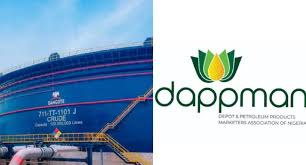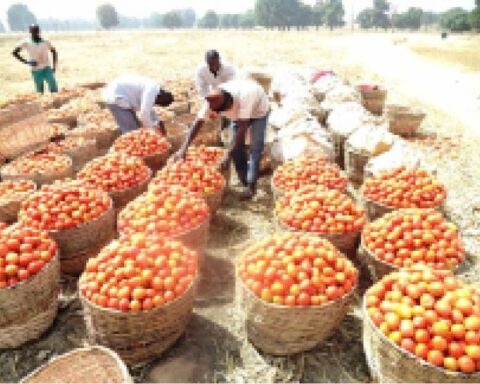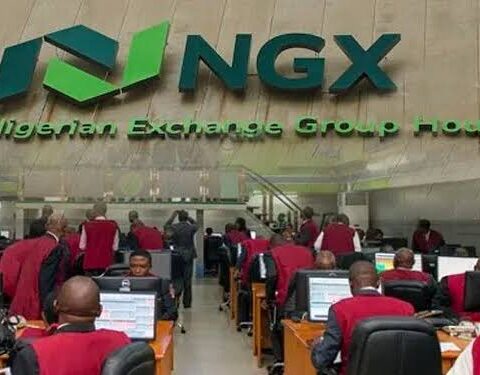The Depot and Petroleum Products Marketers Association of Nigeria (DAPPMAN) has declared its readiness to collaborate with the Dangote Petroleum Refinery, in what industry analysts describe as a significant shift in the downstream oil and gas landscape.
Speaking at a stakeholders’ meeting in Lagos on Thursday, DAPPMAN Chairman, Dame Winifred Akpani, said the association had resolved to work with Africa’s largest refinery rather than resist the market disruptions it has created since commencing operations.
>The Dangote Refinery is a national asset. As major players in the downstream sector, we recognize that collaboration, not confrontation, will deliver the best outcomes for our members and the Nigerian economy. DAPPMAN is ready to partner with the refinery on distribution, storage, and logistics to ensure affordable and sustainable supply of petroleum products nationwide,” Akpani stated.
DAPPMAN had previously raised concerns over market dominance, pricing, and supply chain impacts following the refinery’s entry, warning that its operations could sideline traditional importers and depot owners. However, Thursday’s pronouncement signals a softening stance.
Industry observers believe the move could mark the beginning of a new phase in Nigeria’s petroleum sector, where private refiners, marketers, and government regulators align to stabilize prices, boost local supply, and end the country’s dependence on imports.
A Dangote Group representative welcomed the olive branch, assuring that the refinery remains open to partnerships that will enhance distribution networks and ensure product availability across the federation.
>The vision of the refinery is to make Nigeria self-sufficient in petroleum products. We welcome cooperation with DAPPMAN and other stakeholders to achieve this,” the representative said.
Analysts say the development may ease tensions in the market, particularly as Nigerians grapple with fuel price fluctuations linked to global crude volatility.
By seeking collaboration, both parties are expected to harmonize supply chain operations, improve storage infrastructure, and reduce bottlenecks in fuel distribution.



























